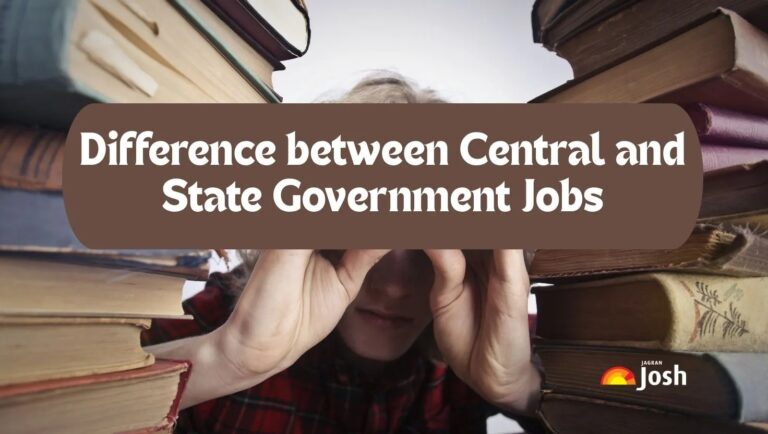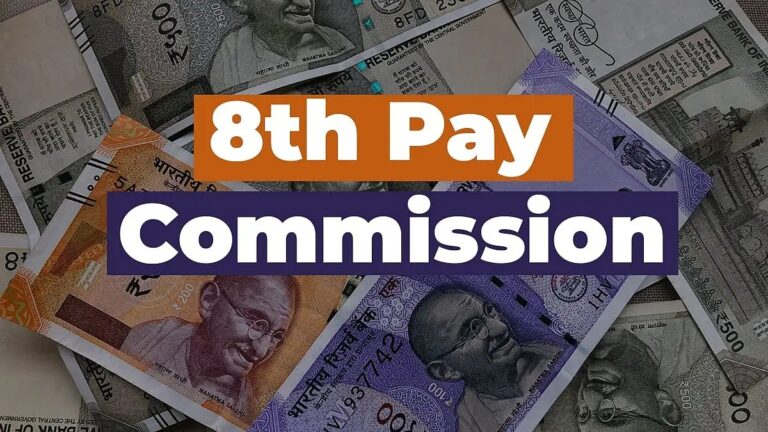
Controversy Over Social Media Post Sparks Union Outcry
A significant dispute has emerged within the Indian Space Research Organisation (ISRO) following the suspension of G.R. Pramod, a staff member at the Vikram Sarabhai Space Centre (VSSC). The union representing ISRO employees has called for the immediate revocation of the disciplinary action, citing concerns over the fairness of the decision. The controversy centers on a Facebook post Pramod shared in June, which critics argue sparked internal debate about the Bharat Mata discourse. The post, titled ‘Ethenkilum onnil urachunilkkada…’ (‘Stay firm in at least one thing…’), contained comments that challenged the ongoing nationalistic narrative surrounding the Bharat Mata movement. This has led to a broader discussion about free speech within public institutions and the implications of social media activism in professional settings.
Transfer and Disciplinary Action Amidst Internal Tensions
Following the post, Pramod was transferred from his administrative role to a technical unit at the VSSC, a key ISRO facility responsible for designing launch vehicles. The move was perceived as a disciplinary measure, prompting criticism from central government employee unions. The VSSC, which operates under the Department of Space, has faced scrutiny over its handling of internal dissent. Union leaders E.S. Hareesh and V.S. Sharath Kumar emphasized that the suspension is an overreach, arguing it undermines employee rights and creates an environment of fear. The incident has highlighted tensions between institutional authority and individual expression, raising questions about the balance between professional conduct and personal opinion in public sector roles.
Broader Implications for Public Sector Discourse
The case has sparked wider debates about the role of social media in shaping public discourse and the responsibilities of employees in government and scientific institutions. Critics argue that the suspension sets a dangerous precedent, potentially stifling open dialogue on sensitive topics. Meanwhile, supporters of the disciplinary action contend that such posts could compromise institutional integrity. The VSSC’s decision to transfer Pramod to a different unit has been viewed by some as an attempt to isolate him from his previous role, while others see it as a necessary step to address concerns about the Bharat Mata debate. This incident underscores the complex interplay between individual freedom of expression and organizational policies in high-stakes environments.
Union Advocacy and Institutional Accountability
ISRO Staff Association representatives have intensified their calls for transparency, demanding a public review of the disciplinary process. They argue that the suspension lacks clear justification and violates the rights of public servants. The union’s stance reflects broader concerns about accountability within government agencies, particularly in cases where personal opinions intersect with professional responsibilities. As the debate continues, stakeholders are urging a balanced approach that respects both institutional protocols and the rights of employees. The outcome of this dispute could influence future policies on social media use and free speech in the public sector.
Public Sector Reforms and Employee Rights
The incident has reignited discussions about the need for updated guidelines on social media conduct in government and scientific institutions. Experts suggest that clear, equitable policies are essential to prevent similar controversies while protecting employee rights. The case also highlights the importance of fostering an environment where dissenting views are addressed constructively rather than punished. As the ISRO Staff Association pushes for a reversal of the suspension, the broader implications for public sector governance remain under scrutiny. The resolution of this dispute may set a precedent for how institutions navigate the delicate balance between professional conduct and personal expression in an increasingly digital world.



